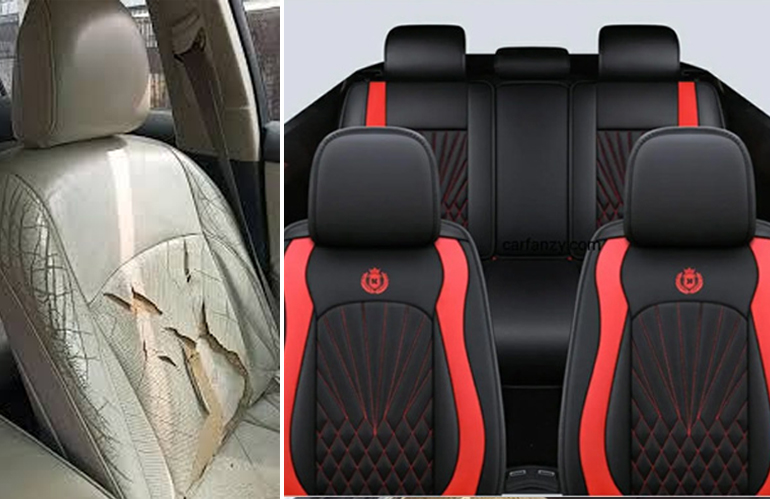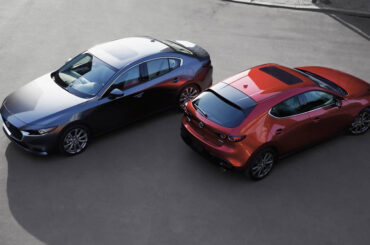The automotive industry is one culminated with a large number of manufacturers. Competition is stiff as new and innovative cars are released on a monthly basis, setting high criteria for those who want to be at the top of the automotive chain. How does Africa fit into this chain, when most consumers rely on foreign cars rather than buy cars manufactured within the continent? The belief that such cars produced by them have been long viewed as substandard; is rather a point of low-quality materials being suggested by some consumers while others are in doubt about the general safety of the car. But, the era has changed
Table of Contents
Traditionally, Africa generally purchased cars instead of manufacturing them. Around 2 million new cars were reportedly bought in Africa the year before. In Africa, almost all new and secondhand automobiles are imported. Such cars are subject to significant import tariffs since the overwhelming majority of them are secondhand. Thankfully, a positive shift has taken place, as several African businesses who opposed being excluded from the lucrative automotive industry have since realized their ambitions. In fact, there are now automobiles made in Africa. What is constituted is that these automobiles are not only made in Africa but also manufactured by Africa; rendering an indigenous market of cars within the continent for this period.
By making their own automobiles, companies like Ghana’s Kantanka and Nigeria’s Innoson Motors, which also makes armoured vehicles, are changing the automotive scene in Africa. How sturdy are these domestically produced automobiles, exactly? There is a general perception that these cars manufactured do not pass the reliability check, but this isn’t really the case most times. That is what we have coined as the advantages and disadvantages of indigenously produced cars.
Advantages of Made In Africa Cars
- Affordability
International-made and imported automobiles frequently cost too much for the typical African person or family, especially given the unfavourable rate of exchange of foreign currencies to local African currency such as the Nigerian Naira.
Because of this, most Africans purchase second-hand foreign vehicles, known as “Tokunbo” vehicles in Nigeria. African automobile purchasers can afford these indigenous vehicles since they are built in Africa and therefore avoid the foreign exchange trap. They may use brand-new autos in this way for less money. It is a Better alternative than spending an outrageous amount of money to import foreign cars. Depending on the car you wish to purchase from these local automakers will be within your budget and it would be brand new. For instance, the Nord Max from Nord automobile is a subcompact hatchback that is equipped with a both automatic and manual transmission, and the most amazing thing about the car is its price which is evaluated to cost N11,000,000 (eleven million naira).
- Local Capital Building and Improvement
The establishment of local employment by automobile manufacturing factories and businesses is an incidental but enormously advantageous result of local auto production. Africa urgently needs more opportunities due to the high rate of unemployment, particularly as it is underdeveloped, and this will serve as a means of capacity building for not only the people but also the economy as a definite unit.
IVM’s( Innoson Motors) factory provides the locals with the necessary work and employment by engaging young hands to create and manufacture their cars. Africa will undoubtedly see an increase in production, technology, and financial basis as a result of car manufacturing. This is yet another unintended consequence that indigenous vehicle manufacturing will bring to the auto sector as well as other industries.
- Designed For African Roads and Environment
The majority of African-made automobiles usually claim that they are built for the region’s climate and road conditions. A while back, there was considerable debate over the possibility that certain regional auto dealers in Nigeria were bringing in industrialized foreign cars for the local market. This problem is unnecessary when dealing with local producers. We can authoritatively say that most of these indigenous producers have manufacturing plants within their respective countries but have claimed to source parts internationally, such as engines and the rest.
Disadvantages of Made In Africa Cars
- Inferior Quality
Numerous buyers express concern regarding domestically produced vehicles proving subpar to imported vehicles. However, there really is no actual evidence to support this, and it should be noted that a number of the parts for these automobiles come from foreign automakers. There are still rumours that locally produced African automobiles are subpar. The notion of these cars being built for African roads cannot easily be fact-checked either. This is the reason buyers tend to shy away from locally produced vehicles.
- Too Costly
Customers gripe that there isn’t much of a pricing difference between automobiles built locally and those made elsewhere. Therefore, they would prefer to pay the difference and get a foreign vehicle or go to secondhand car lots that sell Tokunbo vehicles. However, the truth is that locally produced cars are often more expensive than their foreign counterparts.
- Reliability
Another flaw that local automobiles are said to possess is their lack of reliability. Some foreign-made automobiles, like those from the Lexus brand, for example, may live for further than ten years and nevertheless run flawlessly. Locally, people do not accept that vehicles are as reliable. So, the question is are they really produced with African roads in mind or are they more focused on the aesthetics of the car?
5 Most Popular African Car Manufacturers
- Innoson Motors (Nigeria)
- Kantanka Cars (Ghana)
- Birkin Cars ( South Africa)
- Kiira Motors Corporation (Uganda)
- Mobius Motors (Kenya)
Frequently Asked Questions
Does Innoson Motors manufacture good cars?
Yes, they do. Their cars are highly durable and present an aggressive type of styling, but consumers have protested that some parts of the car acquire faults in little time.
Why are Nigerian-made cars so expensive?
This relies on the fact that parts of the car are outwardly sourced and imported to be able to manufacture them. So, the increase in the cost of production will affect the car price.
Conclusion
One of the key determinants of a nation’s economic health is the car sector. The car industry has had remarkable growth in recent decades and is predicted to continue growing in the days ahead.
The African market now wants to participate in this international race. Due to its extensive economic dependence, the automotive industry’s plan first didn’t appear feasible, but that is no longer the case. As soon as it became aware of the potential, the government set up multiple production facilities and maintenance facilities around the continent.
Have 1 million naira and above to Buy or Sell Cars In Nigeria? Check carlots.ng
All rights reserved. Reproduction, publication, broadcasting, rewriting, or redistribution of this material and other digital content on carmart.ng is strictly prohibited without prior express written permission from Carmart Nigeria - Contact: [email protected]







